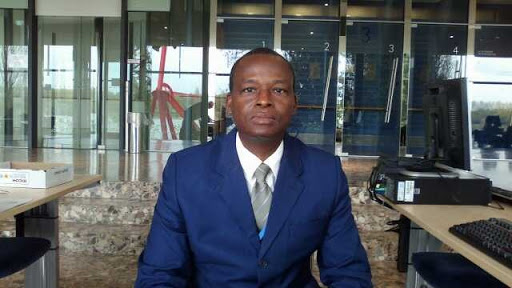New Adaptation Fund grants are scaling up sustainable land and water management practices in Rwanda to adapt to extreme rainfall, applying innovative approaches to establish emergency water access stations to address drought in vulnerable urban areas of Chile, and disseminating knowledge of effective coastal management practices in Senegal.

These are among the newest types of grants offered by the Fund through its five-year strategy focused on the pillars of “Action, Innovation and Learning and Sharing”. They are offered to vulnerable countries above and beyond its regular country projects to help address the urgency and scale of climate change, and rapidly growing demand for the Fund’s work.
The UNFCCC convened a special event on Dec. 3, 2020 during the Climate Dialogues that featured global- and country-level climate leaders discussing the importance of the Fund’s contributions to serving the Paris Agreement through these novel approaches and its concrete work on the ground that continues to empower the most vulnerable.
The Fund’s advances in contributing to climate action will be assessed next year by the Subsidiary Body for Implementation, which helps guide progress in addressing countries’ adaptation needs and building momentum for enhanced action on the ground.
“We are extremely proud of the growth and ability to adapt of the Adaptation Fund, with programmes in more than 100 countries including now close to 115 concrete projects on the ground, pioneering Direct Access modality that builds country ownership in adaptation, and additional grant pathways that are helping countries build resilience to climate change as well as environmental, health and economic risks that are even more profound in the context of the COVID-19 pandemic,” said Mr. Ibila Djibril, Chair of the Adaptation Fund Board.
Since its creation in 2001 and launch in 2007 the Adaptation Fund has reportedly been delivering effective adaptation projects and programmes to the most vulnerable to climate change while building an essential role in the international climate finance landscape.
It has pioneered innovative climate finance modalities such as Direct Access and Enhanced Direct Access that build national adaptive capacities and has accredited 32 national implementing entities (NIEs) to date, half of which are in small island developing states or least developed countries. Several were accredited under the Fund’s streamlined accreditation process for smaller entities, which opens doors to nations that otherwise may not have been able to access needed climate finance.
In all, the Fund has accredited 52 implementing entities with the capability to identify and implement crucial adaptation projects across the globe. Its readiness programme organises workshops, webinars, technical assistance and south-south cooperation grants to help guide entities through the accreditation process, as well as share project experiences to further effective adaptation practices on the ground.
